Service hotline
+86 0755-83044319
release time:2024-07-06Author source:SlkorBrowse:18732
The system's command center is the cultivated "brain." The team has internationally validated for the first time the role of physical fields in promoting the growth and development of human brain-like organs, clarifying the principles and mechanisms of low-intensity focused ultrasound in regulating the brain. This provides MetaBOC, an on-chip brain-machine interface system, with a better foundation for intelligent capabilities. The research findings were recently published in the international journal "Brain" in the field of neuroscience.
Human brains are known as the most complex substance in the world. Currently, under the wave of fusion and interaction between the next generation of life forms and non-life forms, how to achieve "mind control" through the in vitro cultivation of "brains" using stem cell technology is garnering widespread academic attention in the field of on-chip brain-machine interface research.
"On-chip brain-machine interface is a technology that couples in vitro cultivated 'brains' (such as brain-like organs) with electrode chips to form an on-chip brain, achieving interaction with external information through encoding-decoding and stimulation-feedback," said Professor Ming Dong, Vice President of Tianjin University and Executive Director of the Brain-Machine Interaction and Human-Machine Coexistence Haihe Lab. He believes that as an important emerging branch in the field of brain-machine interfaces, on-chip brain-machine interfaces are expected to revolutionize the development of frontier technologies such as hybrid intelligence and brain-like computing.
Currently, the construction technology of on-chip brain-machine interfaces is still in its infancy, involving several key elements such as intelligent foundations, communications, migration, and integration. Among these, the intelligent foundation acts as the central processing unit (CPU) of the intelligent body, serving as the core for achieving on-chip brain intelligence, aiming to efficiently simulate and decode the brain.
"The brain-like organs, currently regarded as the most promising intelligent foundational model, despite possessing structures and functions similar to the human brain, still face bottlenecks such as low maturity and inadequate nutrient supply," admitted Professor Xiaohong Li, from Tianjin University's School of Medicine and head of the on-chip brain-machine interface team at the Haihe Lab for Brain-Machine Interaction and Human-Machine Coexistence.
Through their research, the team discovered that low-intensity focused ultrasound can significantly promote the proliferation of neural progenitor cells and the differentiation of neurons, increase the thickness of cortical plates with clearer layering, enhance synaptic structure and functional maturity, ultimately forming a three-dimensional neural network with high complexity and computational capacity. This provides a better intelligent foundation for on-chip brain-machine interfaces.
The study further confirms that low-intensity focused ultrasound can promote the integration and interaction between brain-like organs and hosts, as well as contribute to the regeneration and repair of neurodevelopmental defects. These initial findings demonstrate the potential application of on-chip brain systems in the field of medical rehabilitation.
The on-chip brain-machine interface intelligent interaction system MetaBOC encompasses four major modules, suitable for various dimensional on-chip brains, equipped with diverse stimulation paradigms, integrating artificial intelligence technology, and capable of multitasking.
In the future, the team will further explore key scientific issues such as intelligent communication, intelligent migration, and intelligent integration of on-chip brain-machine interfaces, aiming to accelerate the translation of this technology into practical applications.
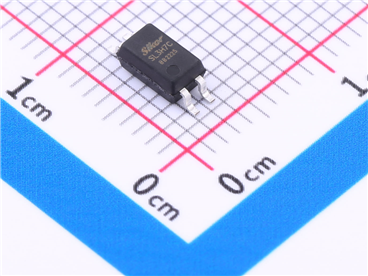
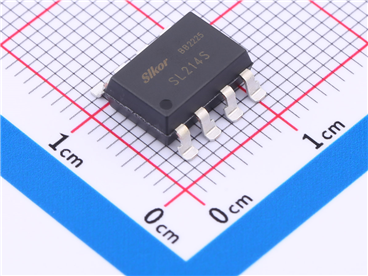
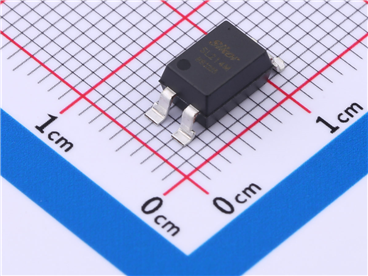
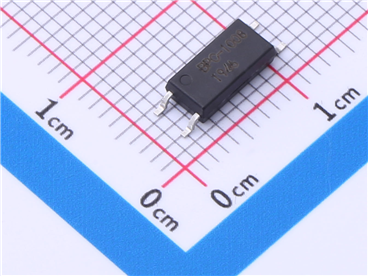
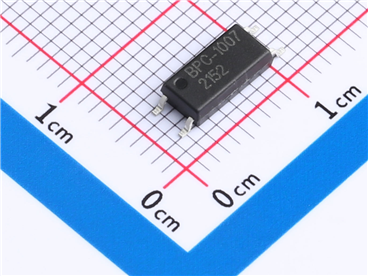


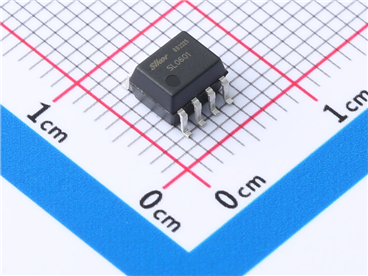

Site Map | 萨科微 | 金航标 | Slkor | Kinghelm
RU | FR | DE | IT | ES | PT | JA | KO | AR | TR | TH | MS | VI | MG | FA | ZH-TW | HR | BG | SD| GD | SN | SM | PS | LB | KY | KU | HAW | CO | AM | UZ | TG | SU | ST | ML | KK | NY | ZU | YO | TE | TA | SO| PA| NE | MN | MI | LA | LO | KM | KN
| JW | IG | HMN | HA | EO | CEB | BS | BN | UR | HT | KA | EU | AZ | HY | YI |MK | IS | BE | CY | GA | SW | SV | AF | FA | TR | TH | MT | HU | GL | ET | NL | DA | CS | FI | EL | HI | NO | PL | RO | CA | TL | IW | LV | ID | LT | SR | SQ | SL | UK
Copyright ©2015-2025 Shenzhen Slkor Micro Semicon Co., Ltd